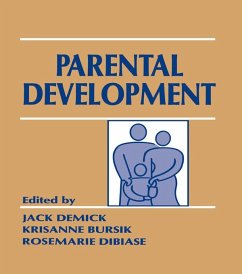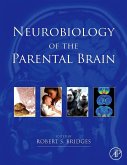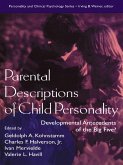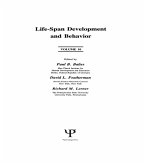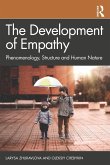Chapter authors place the problem area of parental development in theoretical context and examine selected psychological part-processes implicated by focusing on cognitive and psychosocial development. The authors then deal with a range of issues that are perhaps less traditional and/or more in line with the complex character of everyday life. That is, they utilize either relatively novel comparison groups or treat parents at later stages of development rather than those in young adulthood as is often the case. Finally, the authors uncover both similarities and differences among their theoretical perspectives with an eye toward delineating some possible future research directions.
Dieser Download kann aus rechtlichen Gründen nur mit Rechnungsadresse in A, B, BG, CY, CZ, D, DK, EW, E, FIN, F, GR, HR, H, IRL, I, LT, L, LR, M, NL, PL, P, R, S, SLO, SK ausgeliefert werden.

